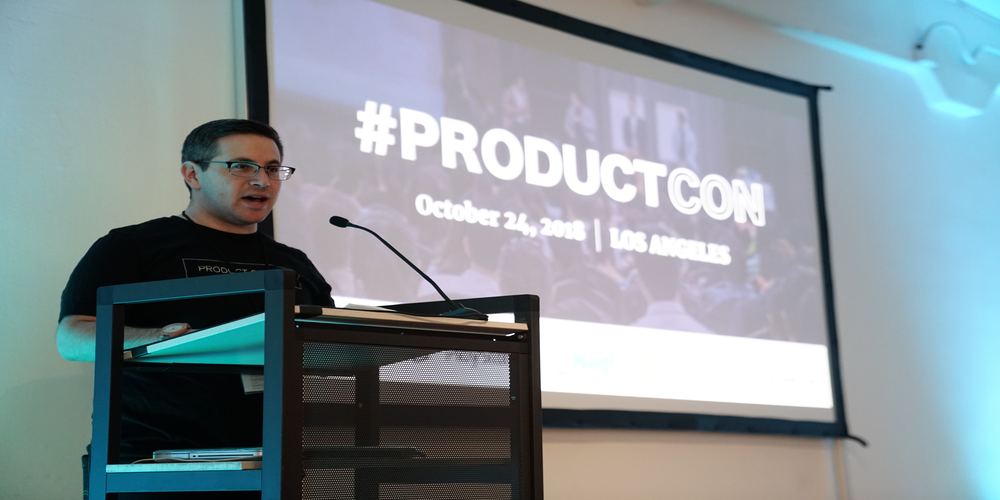SIMPLE PRESENT Expresses an event or situation that exists now or that usually, always or often exists. Example: He always eats dinner at 7:30. Water boils at 100 degrees centigrade. SIMPLE PAST Expresses an event or situation that began and ended in the past Example: He ate dinner last night at 7:30. SIMPLE FUTURE Expresses…
Más informaciónLos siguientes consejos no son reglas gramaticales, pero siempre pueden ser usados en tu lectura, especialmente si estás leyendo en voz alta. First, when you find a ‘t’ between two vowels the sound will change to ‘d’. Look in the next examples: -Water (wader) -Better (beder) -Letter (leder)…
Más informaciónIn active sentences, if you use the verb be, you have to use the verb + ING She is dancing now.They will be traveling tonight at 11.I was cleaning when I arrived. —————————– In passive sentences, you must use the verb be, and the past participle form of the verb. The table was cleaned by…
Más informaciónSEE You see naturally, without thinking about it Can you see that sign? I see a man walking down the street LOOK You look to focus and concentrate on something. Look! A storm is coming! I love this painting. I can look at it all day WATCH You watch something in action or moving Are…
Más informaciónWe use them when we are speaking casually. It is important to do not forget that this is informal and we should not use them in correct speech and obviously not in writing.
Más informaciónHoy les compartimos esta infografía del teacher Patricio Santacruz.
Más informaciónHomophones are words that have different meaning and spelling, but the same pronunciation. They usually are difficult words for students of english and english speakers as well. Homophones son las palabras que tienen diferente significado y escritura pero la misma pronunciación. Suelen ser palabras difíciles para los estudiantes de inglés y también para los angloparlantes. aisle, isle…
Más informaciónLas conjugaciones del español en tiempo presente tienen distintas conjugaciones dependiendo de la terminación del verbo en infinitivo (verbos que terminan en – ar, – er e – ir), por ejemplo: Yo juegoTu juegasEl/Ella juegaNosotros jugamosEllos jueganUstedes jueganEl español tiene terminaciones diferentes para cada persona. Pero para el inglés, las conjugaciones suceden de manera diferente,…
Más información1. Don’t study grammar too much This rule might sound strange to many ESL students, but it is one of the most important rules. If you want to pass examinations, then study grammar. However, if you want to become fluent in English, then you should try to learn English without studying the grammar. Studying grammar…
Más informaciónLet’s find it out… try to answer all of the following questions: Joseph is in charge; you must speak to _________. Her Him He She The party wasn’t good. There______there. Wasn’t nobody Was anybody Wasn’t somebody Was nobody The woman ______ in the corner is my mother. Sitting Is sitting Sits right The doctor wrote…
Más información









